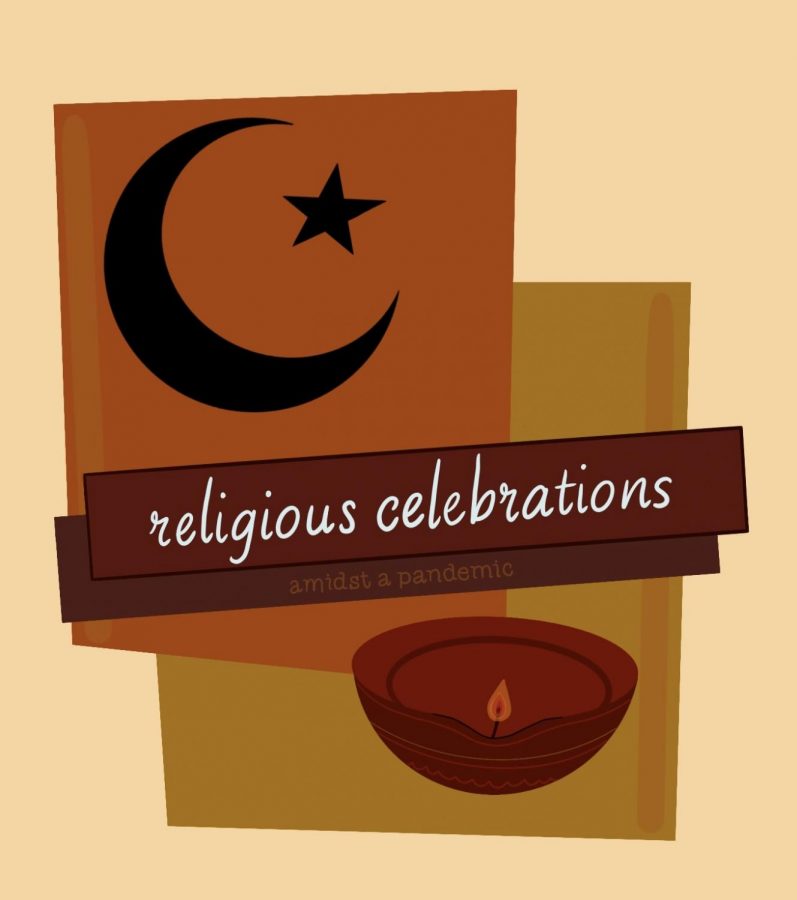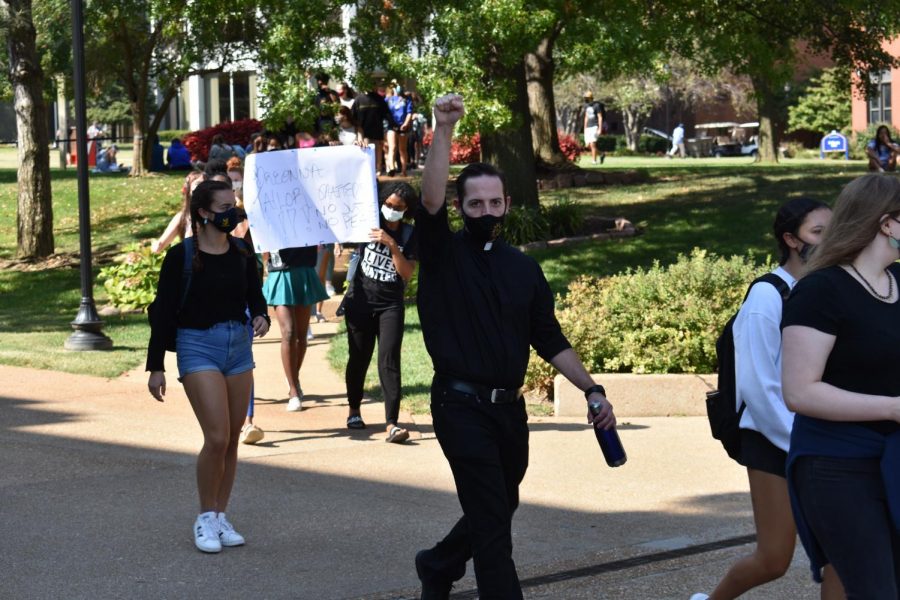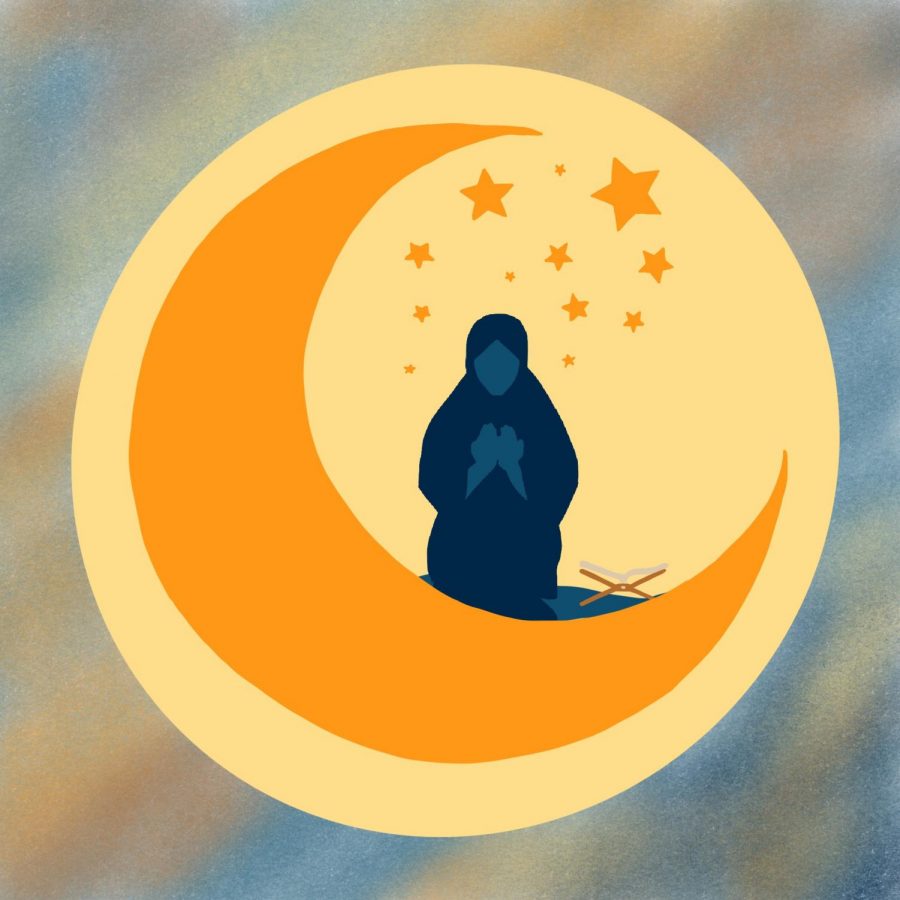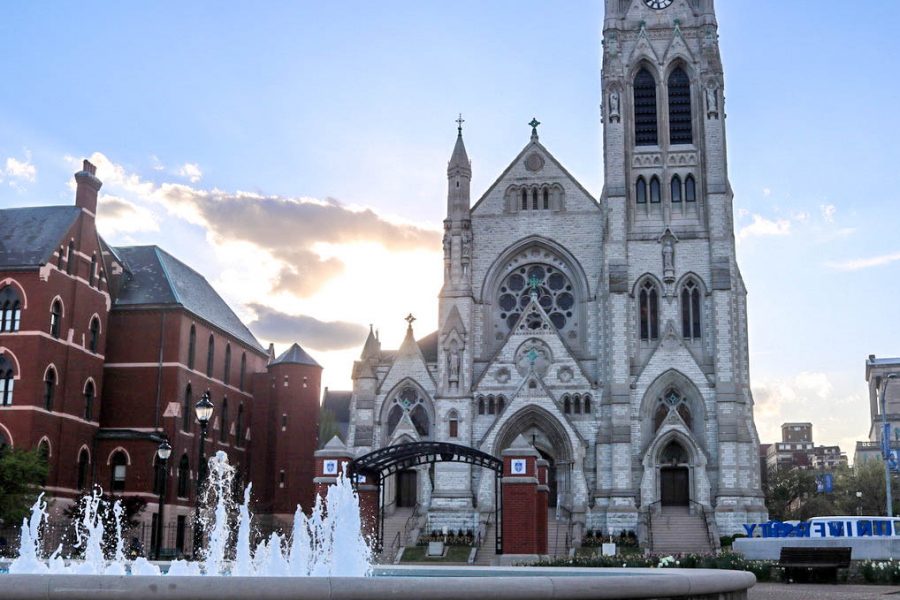On April 2, the Busch Student Center Wool Ballrooms were occupied by students, faculty and community members breaking matzah, telling stories from the past and present, and sharing in prayer and community.
Several groups, including the Jewish Student Association and Interfaith Alliance, sponsored and hosted an interfaith Hunger Awareness Seder in honor of the beginning of Passover.
The Seder dinner is traditionally practiced as a commemoration of the Jewish people’s freedom from slavery in Egypt, but also a reminder of hardships in the past. SLU’s Hunger
Awareness Seder was also used as a “call to action” to both recognize hunger issues worldwide and take initiative to fight hunger across the globe. Father Paul Stark, vice president of Mission and Ministry, helped open the ceremony and called the dinner “a meal of heritage and history” while inviting all attendees to come together to pray and be in community with one another.
The dinner opened with scriptural quotes about the need to help the hungry from many different religions including Islam, Hinduism, Christianity, Judaism and the Baha’i faith.
Rabbi Howard Kaplansky of the United Hebrew Congregation in St. Louis presided over the ceremony, throughly explaining each of the step of the 12 part meal.
Kaplansky emphasized the importance of participation, and each table spoke a reading together in unison in addition to taking part in eating and drinking together.
Freshman Katie Maslar has always been interested in the Jewish religion, and took advantage of this opportunity to experience a Seder dinner. Maslar not only appreciated the knowledge she receieved about the Jewish faith, but the community that she felt was present during the ceremony.
“They not only had a rabbi speak but a priest, so it was nice to have the different religions come together,” Maslar said.
“I was sitting with my Baptist friend, Catholic friend, and Jewish friend and it was just nice to share in a meal with one another,” she continued.
The dinner presented statistics about the country’s hungry, such as 1 in 6 people in the United States struggle to meet their dietary needs.
“Where is the hunger that continues to exist in our country today? For those among us who do not see the problem in our daily lives, it is difficult to understand the need that still faces many Americans,” the program stated.
The dinner not only spoke of justice on broad terms, but encouraged attendees to become educated and to also write letters to Congress to encourage funding for programs that fight hunger. Amy , volunteer at Operation Food Search and St. Louis resident, knows all too well how much hunger effects people in the community.
Something encourages everyone to get involved in donating to food shelters at all times of year because “hunger knows no timeline” and families are often left with less assistance in the summer months.
Something came to the Seder not only to talk about her organization’s efforts to fight hunger, but for a new experience. Something attends a Seder annually, but this was her first time attending an interfaith one and called the experience “wonderful.”
“I learned an awful lot, not only about hunger, but tradition too,” Something said.
This Interfaith Seder was sponsored by the Jewish Community Relations Council of St. Louis, the Center for Service and Community Engagement, Interfaith Alliance, Jewish Student Association and the Interfaith Challenge.







